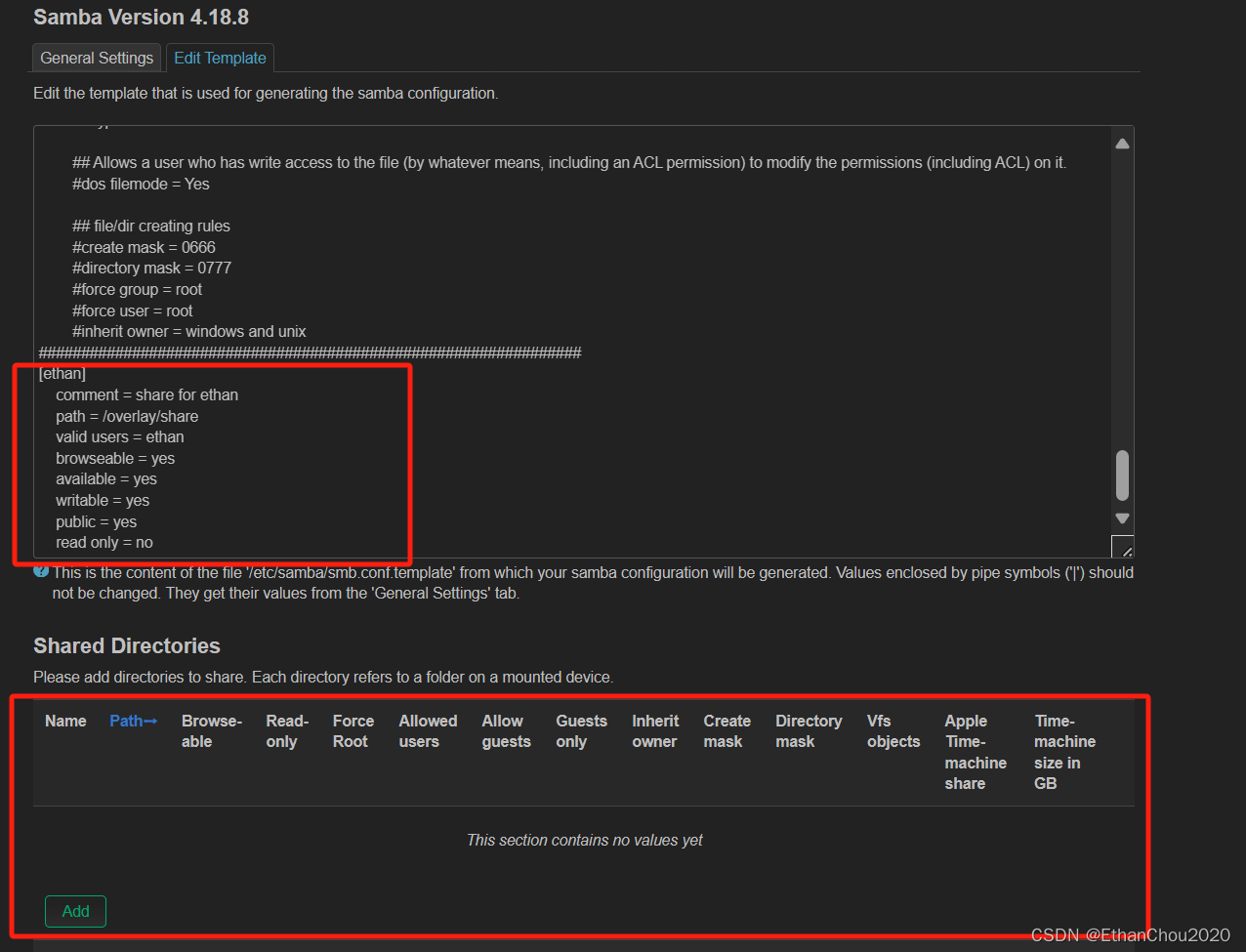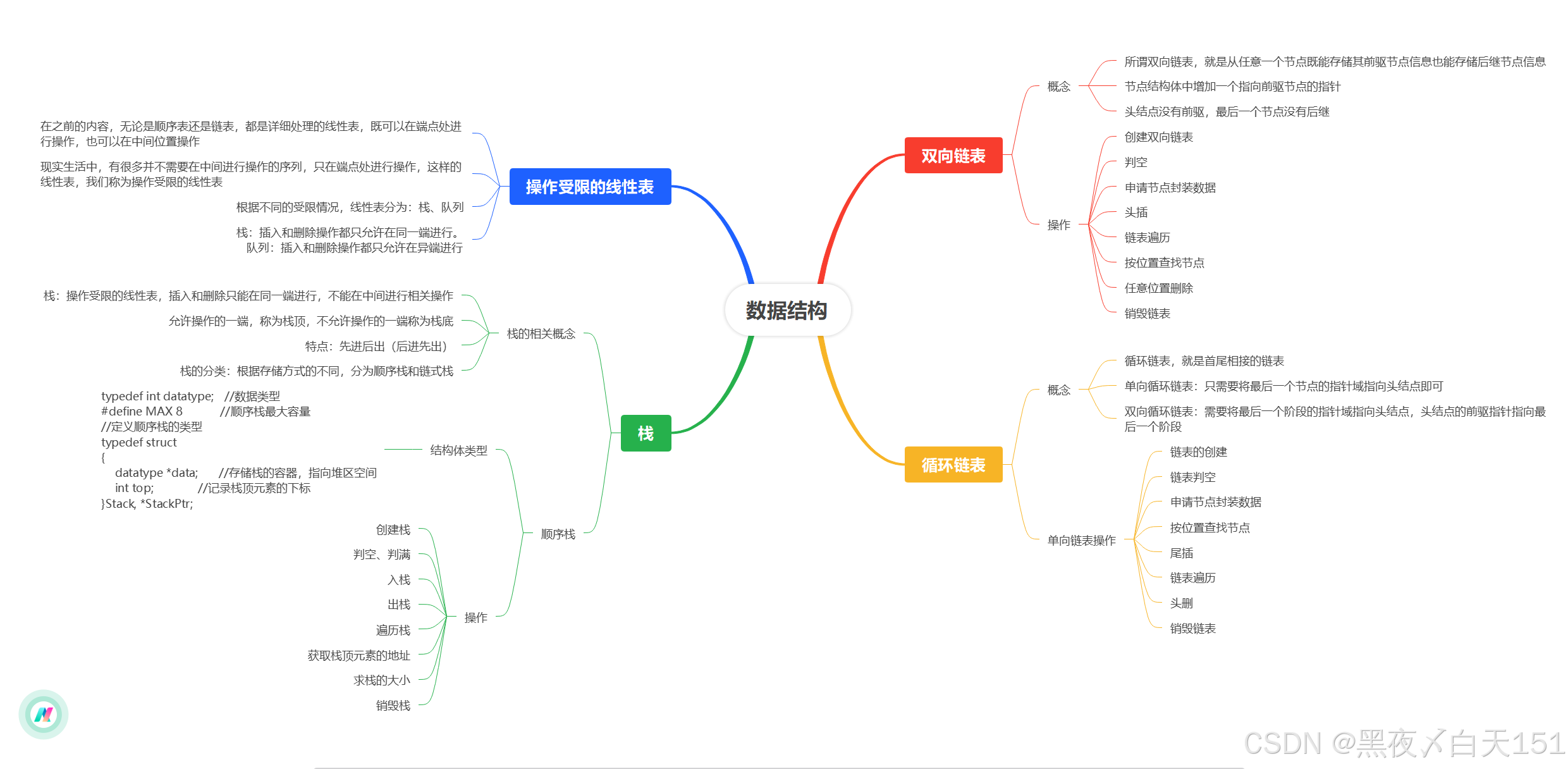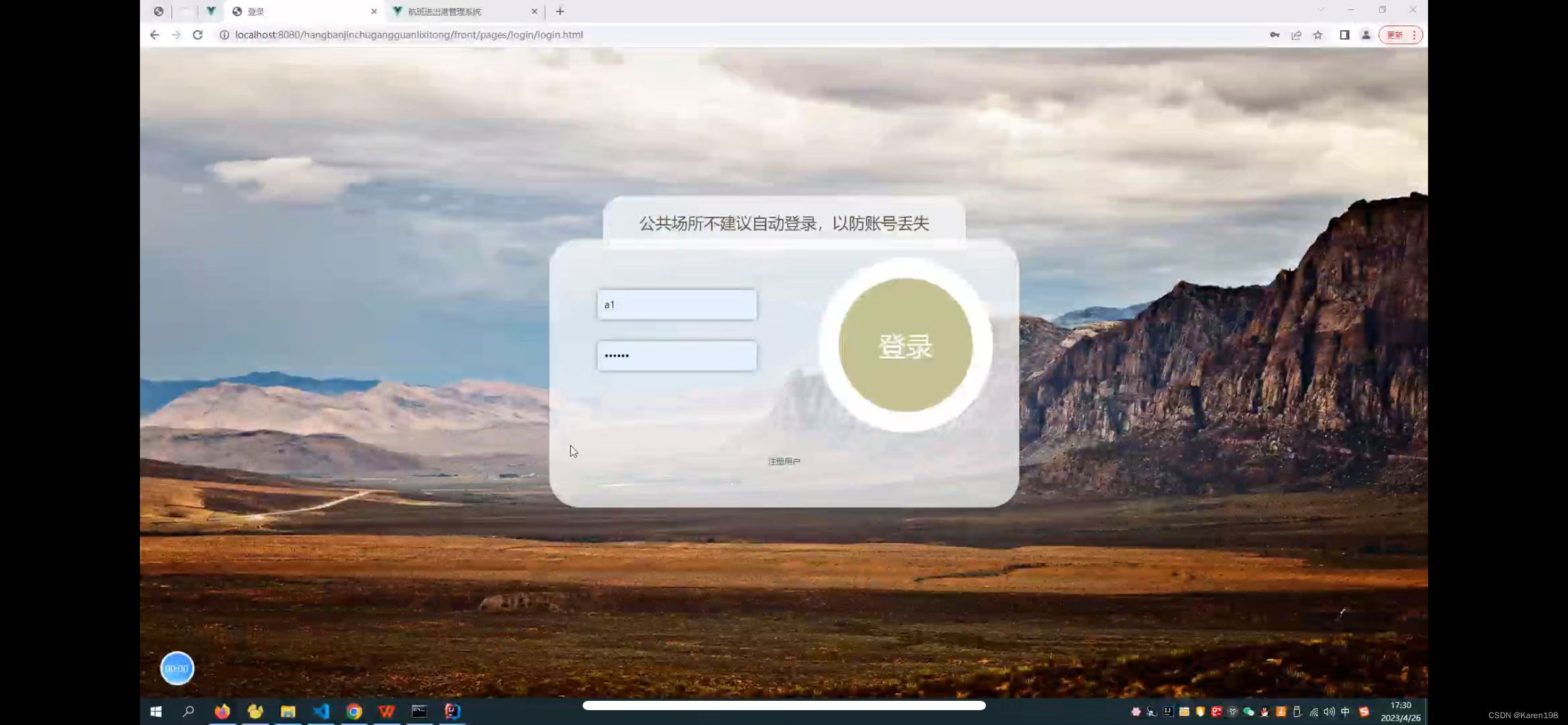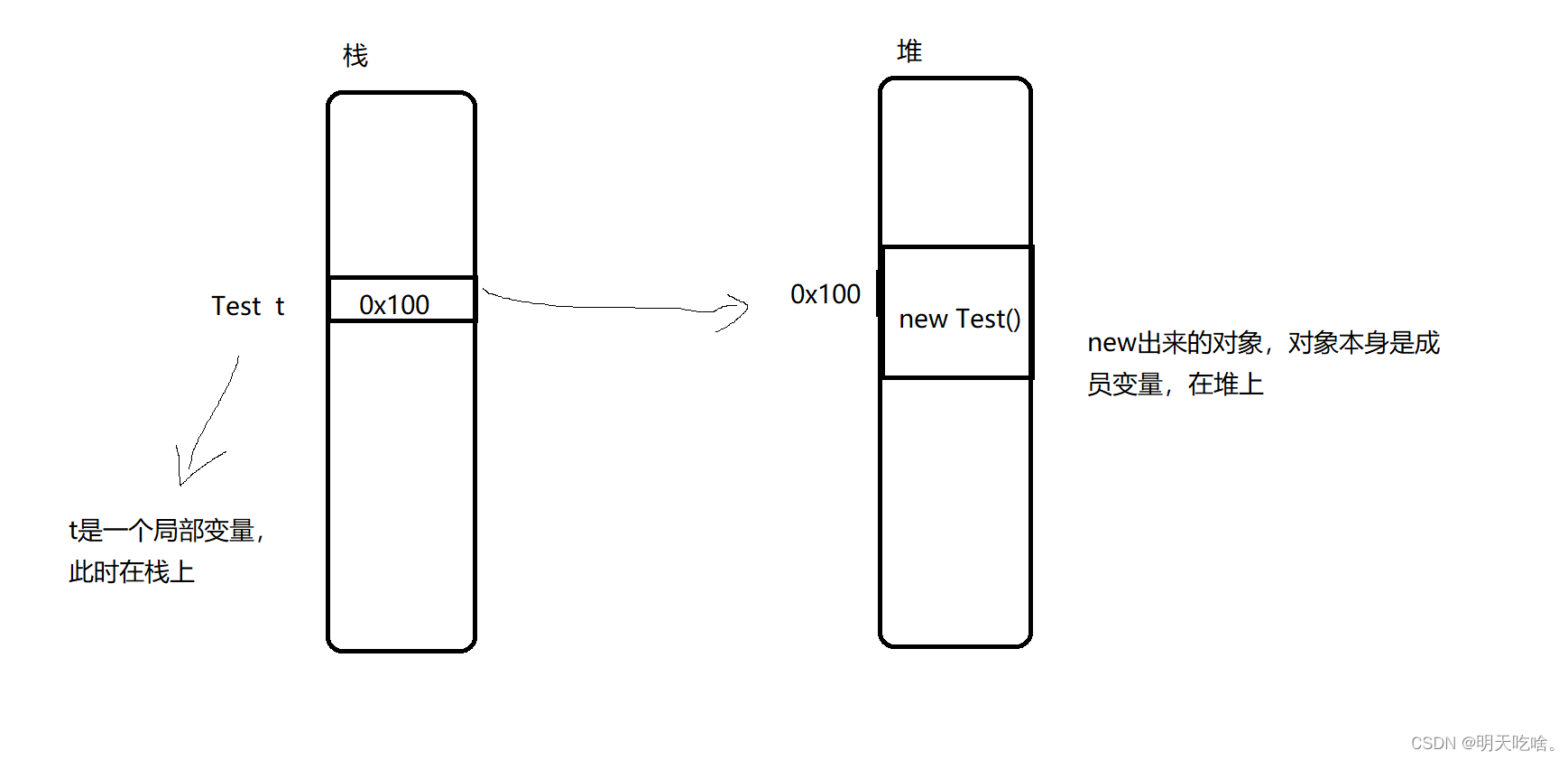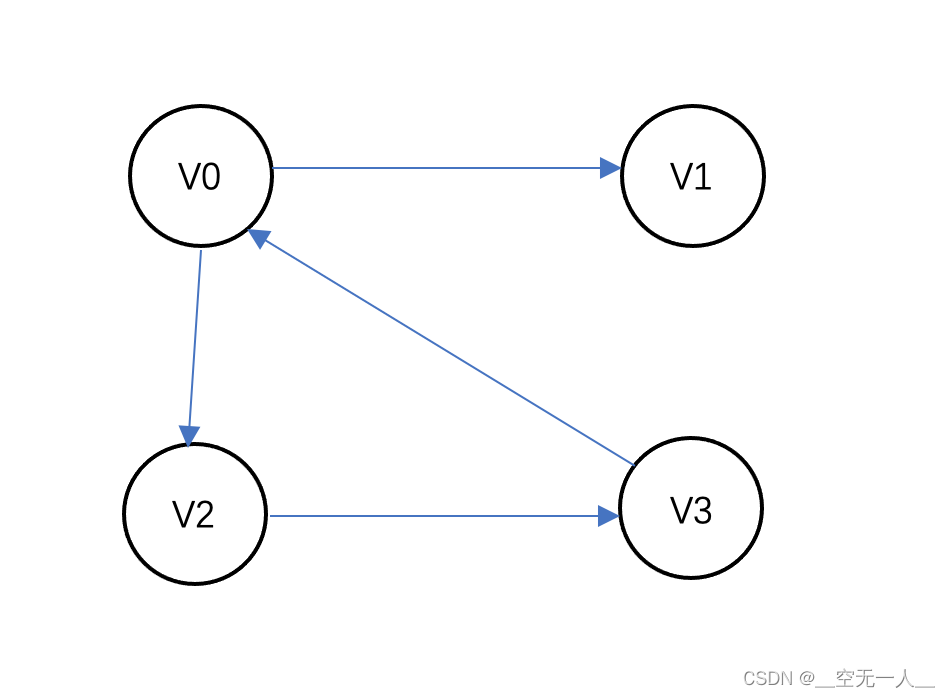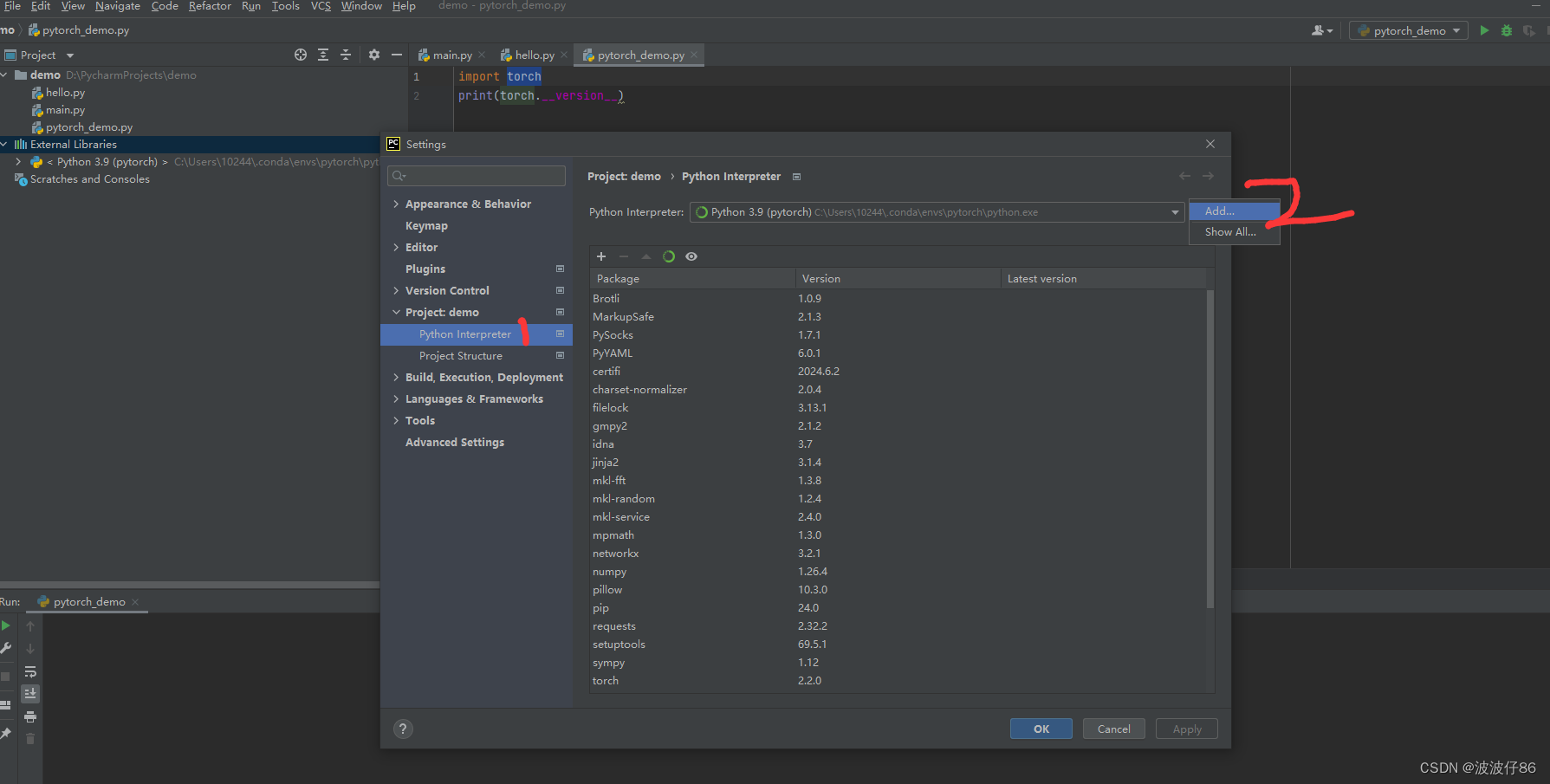课程来源:https://www.youtube.com/watch?v=y5RYIiNCaEI
Values Guiding Social Welfare
•Social Responsibility
•Do we have a responsibility to help others?
• Aid to strangers
•Should we help those we do not know?
•Individual rights
• Are individuals entitled to certain rights?
•Deserving vs. Undeserving poor
•Who is deserving of help?
Key Eras in American History
1600-1800: |
Colonial Period |
1860-1875: |
Civil War and Post-War |
1875-1925: |
Progressive |
1925-1940: |
Great Depression |
1940-1960: |
Post World War ll |
1960-1970: |
Social Reform |
1960-2000: |
Retrenchment |
2000-2020: |
New Century |
Colonial Period: 1600-1800
•Key Event: Migration of English to America
•Social welfare guided by Elizabethan Poor Laws
•Passed by English government in 1601
•Support from family first then local government
•Established deserving vs. undeserving不够格的 poor
The colonial period of American history spans the first two centuries as the colonies were forming into the United States. During this time, key events included the migration of English and other European settlers to America, seeking freedom from religious persecution and other issues in their homelands. America was seen as a land of opportunity, leading many colonialists to view social problems as individual responsibilities rather than societal concerns. Problems were often perceived as a result of personal misfortune, and social welfare was rooted in religious and moralistic views, emphasizing individual responsibility for change.
措施:
The social welfare responses of the colonial period were heavily influenced by the Elizabethan Poor Laws, enacted by the English government in 1601 under Queen Elizabeth I. These laws dictated that support should first come from the family, followed by local government if the family was unable to provide assistance. There was no federal initiative to help the poor, and the laws strongly emphasized individual responsibility.
The Elizabethan Poor Laws also introduced the concept of "deserving" versus "undeserving" poor. The deserving poor included individuals with physical disabilities and orphaned children, who were provided care. In contrast, those classified as the undeserving poor, such as vagrants, drunkards, and the slothful—individuals capable of working but not doing so—did not receive assistance. The laws did not provide care for people with mental disabilities. The distinction between deserving and undeserving poor had a significant impact on social welfare during the colonial period.
The Elizabethan Poor Laws emphasized that support for the poor should come first from the family and then from the local government, with no federal government involvement. This system placed a strong emphasis on individual responsibility. If individuals could not support themselves, their families were expected to help, and only if the family could not provide support would the local government intervene.
The laws also introduced the distinction between the "deserving" and "undeserving" poor. The deserving poor included individuals with physical disabilities and orphaned children, who received assistance. In contrast, the undeserving poor, such as vagrants, drunkards, and those deemed lazy (who were seen as capable of working but not doing so), did not receive help. Care was provided to people with physical disabilities but not to those with mental disabilities. This framework influenced social welfare approaches during the colonial period and beyond.
Civil War: 1860-1875
•Key Event: Civil War & Reconstruction
• ldeas of social responsibility begin
•Breadwinners(挣钱养家的人) iniured or killed in the Civil War
•Federal government provided benefits for the first time through the Freedman's Bureau(自由民管理局Freedmen's Bureau和北方的救济机构来到南方,以维持因浩劫和战争而造成的混乱。)
The next major era is the Civil War period, including the war itself and the Reconstruction era in the mid-1800s. This period marks the beginning of social responsibility in the United States. The Civil War led to the deaths and injuries of thousands of individuals, including many breadwinners, making it apparent that disabilities and inability to work were not the fault of the individuals.
Key developments during this period:干预但不多,主要给奴隶。
- The notion of social responsibility began to take root, recognizing that individuals affected by war-related disabilities needed assistance.
- Local governments started providing social welfare, though not on a federal level.
- The federal government's first significant intervention in social services was the establishment of the Freedmen's Bureau. This bureau was created to assist recently freed slaves but was intended to be temporary and provided limited services.
In summary, the Civil War and Reconstruction period were crucial in planting the early seeds of social responsibility and marked the initial involvement of the federal government in social welfare through the Freedmen's Bureau.
Progressive Era: 1875-1925
•Key Event: Industrial expansion/urban growth
• Shift to social responsibility for social problems
•Reliance on voluntary religious organizations to solve social problems
• Charity Organization Societies ("Friendly visitor"
•Settlement Movement (social workers live amongst the poor)
During the Progressive Era, spanning the late 1800s to early 1900s, significant industrial expansion and urban growth occurred in the United States. This period saw a rise in cities, factories, and a large influx of immigrants, leading to densely populated urban areas. As people moved from rural to urban communities, the visibility of social problems like poverty increased. In rural areas, poverty was less visible due to the distance between neighbors, but in urban settings, it became more apparent.
This visibility prompted a shift towards social responsibility for addressing social problems. However, the primary reliance was still on voluntary religious organizations rather than local governments. Churches and alms houses, often run by churches, were the main providers of assistance.
Two key organizations emerged
1. Charity Organization Society: Known as "friendly visitors," these case managers visited individuals' homes to connect them with resources and provide assistance. Their approach was to address poverty by fixing individual problems, focusing on the belief that poverty was due to individual deficiencies.
2. Settlement Movement: This movement promoted the idea that social workers should live among the poor to better understand and address their needs. Prominent figures like Jane Addams established community centers, such as Hull House, which provided various services including tuberculosis prevention, well-baby clinics, and advocacy for child labor laws. This movement recognized that social problems were rooted in societal and economic inequalities, adopting a more community-based or macro-level approach.
Great Depression: 1925-1940
•Key Event: Great Depression & New Deal
•Beginning of the modern welfare state
•Start of Social Security Act (support for elderly) and Aid for Dependent Children (support for low-income youth)
BG: After the Progressive Era, the United States experienced the Great Depression, marked by an economic collapse in the late 1920s. To combat this crisis, President Franklin Delano Roosevelt implemented the New Deal, which initiated the modern welfare state and marked the first significant federal government intervention in addressing widespread social and economic issues. During this period:
- Unemployment reached around 25%.
- There was a growing emphasis on social responsibility, as poverty and unemployment were seen as systemic issues rather than individual failings.
- The federal government took a leading role in providing assistance, moving away from the prior reliance on local governments and religious organizations.
Key legislative measures included:
1. The Social Security Act: Provided financial assistance to elderly individuals.
2. Aid for Dependent Children (AFDC): Offered support to low-income families, particularly unwed mothers with children.
3.various other programs: were introduced to assist farmers, the unemployed, and low-income individuals.
the Great Depression and the New Deal period represented a shift towards recognizing and addressing economic and social problems on a national, systemic level, laying the groundwork for the modern welfare state.

![CodeForce[<span style='color:red;'>1500</span>-2000]——<span style='color:red;'>1946</span>C Tree Cutting](https://img-blog.csdnimg.cn/direct/e322dcd66f7543afb331de3f2e1e3372.png)

